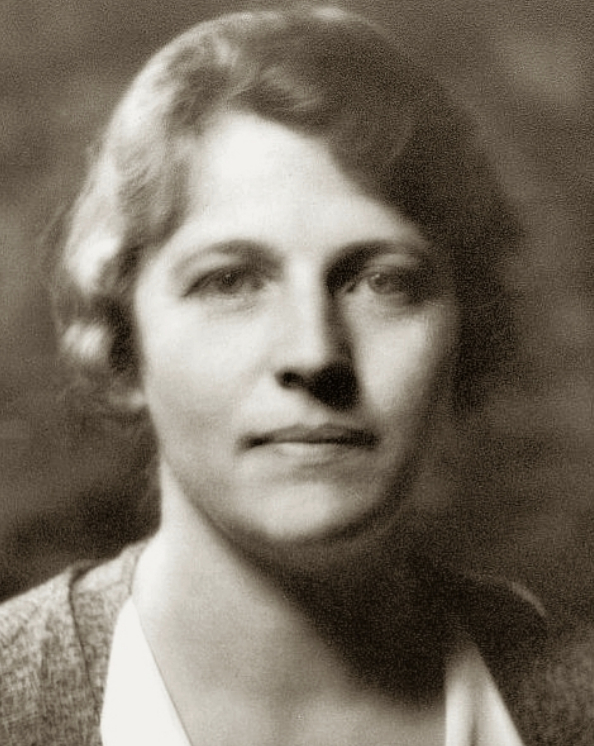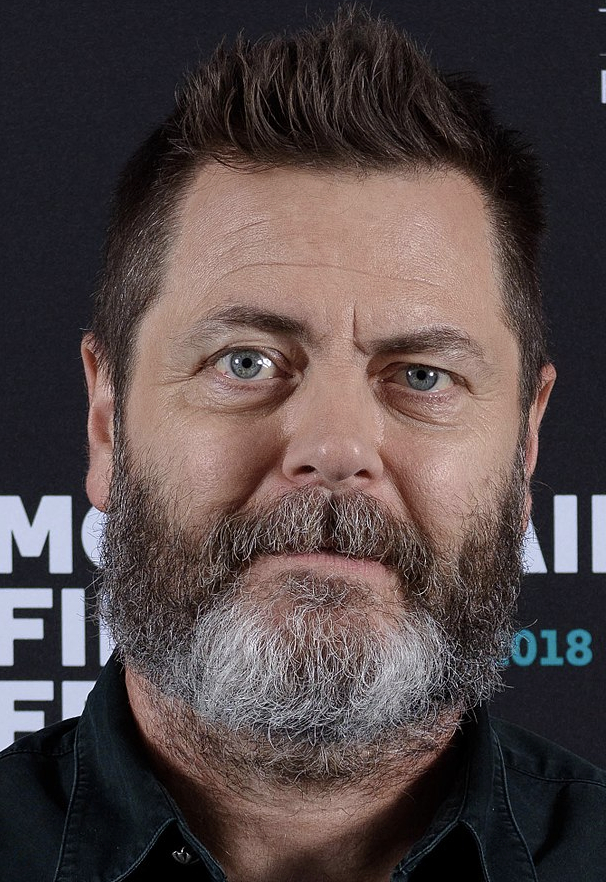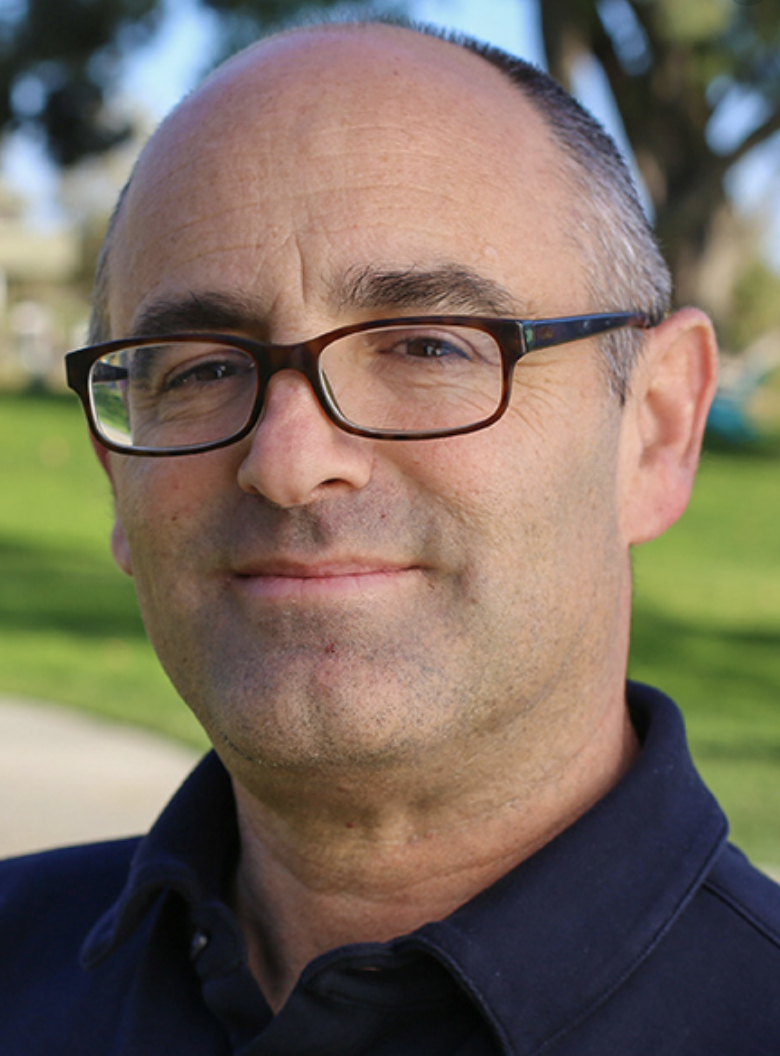June 26
Pearl S. Buck

On this day in 1892, Pearl S. Buck (née Pearl Comfort Sydenstricker) was born in West Virginia to parents who were missionaries in China for the Southern Presbyterian Church. At 3 months old she moved with them to China, where she lived for the next 40 years except to attend college. She was fourth of seven children, but only one of three to survive to adulthood.
She attended a women’s college in Virginia for four years and in 1917 married John Lossing Buck, an agricultural economist living in China. They lived in a rural province, which became the inspiration for The Good Earth, her 1931 best-seller, which won the Pulitzer Prize.
The couple had a baby in 1921, which was born with phenylketonuria and was intellectually challenged. Buck had a hysterectomy when a tumor was found during the delivery. They adopted a child and taught at Nanking University. She started writing for The Nation, Atlantic Monthly and other publications. Her first novel was East Wind, West Wind. She moved back to the U.S. permanently in 1934, settling in Green Hills Farm, Pa. Her publisher, Richard Walsh, became her second husband in 1935 and they adopted six children.
Despite writing 70 books she found time to devote to civil rights and women’s rights. She was routinely published in the NAACP’s magazine Crisis and by the Urban League. She was a 20-year trustee of Howard University and founded East and West Association to improve relations between the U.S. and Asia. She also founded the first international interracial adoption agency, Welcome House, in 1949, placing more than 5,000 children in homes. In 1964, she started the Pearl S. Buck Foundation to help Amerasian children. (D. 1973)
PHOTO: Buck c. 1932; public domain photo by Arnold Genthe.
"Like Confucius of old, I am so absorbed in the wonder of earth and the life upon it that I cannot think of heaven and the angels.""It may be that religion is dead, and if it is, we had better know it and set ourselves to try to discover other sources of moral strength before it is too late."
— Buck, "Advice to Unborn Novelists" (1949); "What America Means to Me" (1947)
Nick Offerman

On this date in 1970, actor and writer Nicholas Offerman was born in Joliet, Ill., the son of Cathy (née Roberts), a nurse, and Ric Offerman, a social studies teacher. Raised Catholic, he earned a B.F.A. degree from the University of Illinois at Urbana–Champaign and then participated in Chicago-area theater companies while working as a master carpenter. He became acquainted with Amy Poehler, who was heavily involved with the Chicago improv comedy scene.
He married “Will & Grace” actress Megan Mullally in 2003 and began appearing in TV roles. In 2007 he co-starred in the Comedy Central series “American Body Shop.” In 2009 he was offered a regular supporting role in the NBC sitcom “Parks and Recreation” starring Poehler. Offerman played Ron Swanson, the deadpan, government-hating, libertarian head of a city parks department. The series ran until February 2015.
His next major TV role was as Karl Weathers in the FX series “Fargo,” scheduled to begin production of its fourth season in 2019. Offerman has also been featured in the Adult Swim series “Childrens Hospital” with Rob Corddry and Rob Huebel. He was voice of Axe Cop in the animated series of the same name.
He had roles in the movies “November” (2004), “Cursed” (2005), “Miss Congeniality 2: Armed and Fabulous” (2005), “Sin City” (2005), “The Men Who Stare at Goats” (2009), “21 Jump Street” (2012), “The Kings of Summer” (2013), “We’re the Millers” (2013) and “22 Jump Street” (2014). He portrayed the first establisher of McDonald’s restaurants, Dick McDonald, in “The Founder” (2016).
Offerman has published three semi-autobiographical books: Paddle Your Own Canoe: One Man’s Fundamentals for Delicious Living (2013), Gumption: Relighting the Torch of Freedom with America’s Gutsiest Troublemakers (2015) and Good Clean Fun: Misadventures in Sawdust at Offerman Woodshop (2016).
In an interview with GQ magazine in June 2017, he was asked if he’s a libertarian like his character Ron Swanson. He answered, “While I admire the philosophy of the libertarian mindset, I think it’s proven to be ineffectual in actual governance. So no, I’m not. I’m a free-thinking American.”
Photo by David Hubelbank / Montclair Film.
“I would also just like to point out that there are no scientists handing out any brochures on any street corners, hoping to convince people that their version of creation is actually true. The scientists are at the pub watching a sporting match of ‘footie’ whilst enjoying a pint with their mates. The difference between their relative confidence and your uncertainty, Bible-brochure-hander-outers, is that they can prove the facts of science (to put it very simply), and you can’t prove the first phrase of your claims.”
— Offerman, "Gumption: Relighting the Torch of Freedom with America's Gutsiest Troublemakers" (2015)
Phil Zuckerman

On this date in 1969, Phil Zuckerman was born in Los Angeles. He grew up in Pacific Palisades and studied at Santa Monica College before transferring to the University of Oregon in Eugene, where he earned bachelor’s, master’s and doctoral degrees in sociology. Zuckerman is a professor of sociology and secular studies at Pitzer College in Claremont, Calif., and an affiliated adjunct professor at Claremont Graduate University. He was a guest professor at Aarhus University in Denmark in 2006 and 2010.
In 2011 he founded the first secular studies department in the nation, an interdisciplinary program focusing on the study of nonreligious people in societies and cultures, past and present. He serves as the special series editor of the Secular Studies book series published by NYU Press and is on the board of directors of Brighter Brains, which builds and supports orphanages, schools and clinics in Uganda. He and his wife Stacy have three children.
Zuckerman writes a blog for Psychology Today titled “The Secular Life” (“Thriving Without Gods or Gurus”) and also writes for the Huffington Post. His work has also been published in various scholarly journals and in the mainstream press.
His books include What It Means to be Moral: Why Religion Is Not Necessary for Living an Ethical Life (2019), The Nonreligious: Understanding Secular People and Societies (with Luke Galen and Frank Pasquale, 2016), Living the Secular Life: New Answers to Old Questions (2014), Faith No More: Why People Reject Religion (2011), Atheism and Secularity (2010), Society Without God: What the Least Religious Nations Can Tell Us About Contentment (2008), Sex and Religion (with Christel Manning, 2005) and Invitation to the Sociology of Religion (2003).
His books have been translated and published in Danish, Farsi, Turkish, Chinese, Korean, and Italian.
“In Mere Christianity, C.S. Lewis argues that human beings cannot be truly good or moral without faith in God and without submission to the will of Christ,” Zuckerman wrote in Faith No More. “Unfortunately, Lewis does not provide any actual data for his assertions. They are nothing more than the mild musings of a wealthy British man, pondering the state of humanity’s soul between his sips of tea.”
He spoke in 2009 to FFRF’s national convention in Seattle on “The Goodness of Godlessness.” He has also been a guest on FFRF’s “Freethought Matters” and “Freethought Radio” shows.
“Can people be good without God? Can a moral orientation be sustained and developed outside of a religious context? The answer to both of these questions is a resounding yes."
— Zuckerman, "Faith No More: Why People Reject Religion" (2011)
